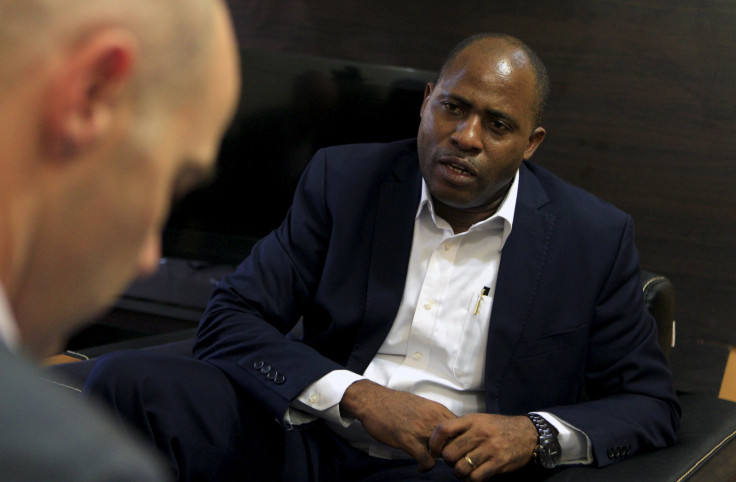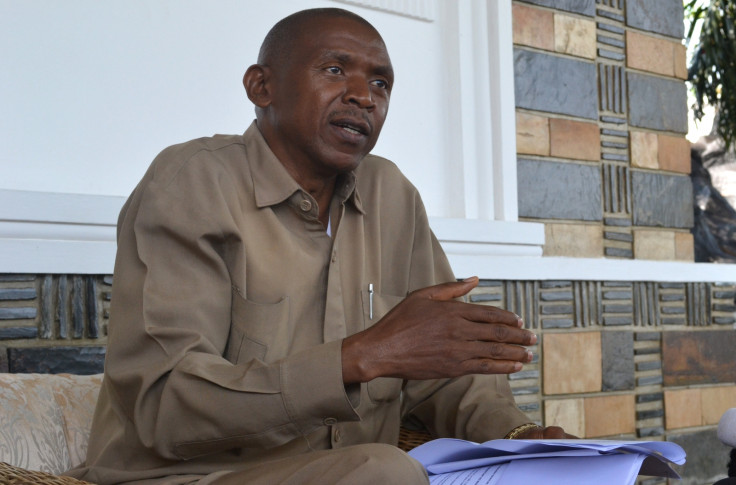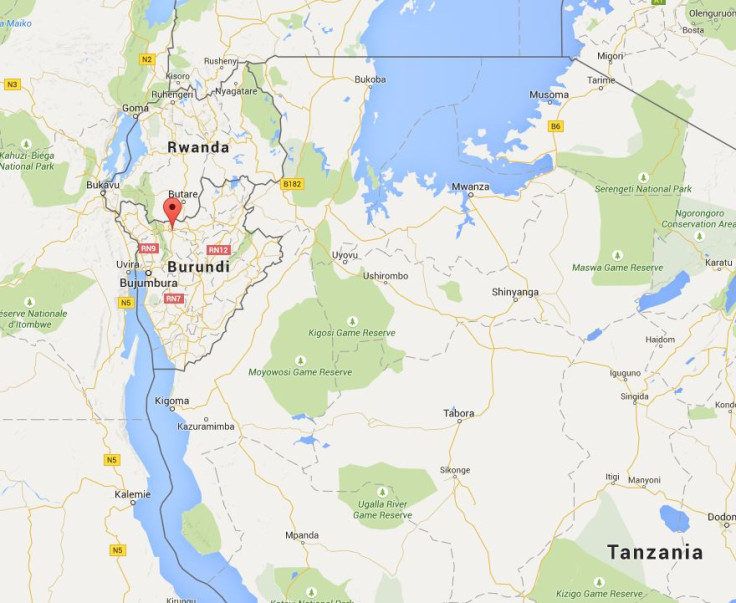Burundi: Who are the armed rebels supported by the country's exiled dissidents?

A group of exiled Burundian dissidents, who announced the creation of an alliance to force President Pierre Nkurunziza from power, have spoken out in support of the "generals who have taken the arms" after an armed group attacked the north-western region of the country last week.
Fighting between the Burundian army and the rebel group in the northern province of Kayanza on 10 July highlighted an increasingly tense situation in Burundi, following months of violence ahead of polls next week.
The uprising started on 26 April, when the ruling National Council for the Defense of Democracy (CNDD-FDD) party nominated President Nkurunziza to stand for re-election – a move the opposition claims violates the country's constitution and the Arusha Accords, a peace deal that ended ethnic civil war and established the foundation for Burundi's post-conflict recovery in 2005.
Northern rebellion
On 10 July, an armed group attacked the north-western region of the country, where it clashed with the Burundi Defense Force (FDN) in the commune of Kabarore near the border with Rwanda and about 20km from Kibira National Park. Two soldiers were reported to have been killed, with several others wounded.
The army paraded captured fighers and weapons allegedly seized from the armed group, as Colonel Gaspard Baratuza, Burundi's army spokesman, told reporters the army had killed 31 attackers and captured 170 others.
#Burundi : bilan de l’armée des affrontements dans le nord, les rebelles parlent de "Nyungwe" http://t.co/PbyCIPTdC9 pic.twitter.com/lmbJHhn8bV
— Roland Rugero (@RolandRugero) July 14, 2015General Leonard Ngendakumana, a Burundian rebel general who took part in a failed coup in May to topple Nkurunziza on 13 May, meanwhile, claimed responsibility for the attack.
"There were some desertions during the (13 May) coup, some units – estimated between 400 and 500 soldiers – got away and it seems those people are involved in the rebel movement," a political analyst working in the region, who wished to remain anonymous, told IBTimes UK.
While former intelligence chief of staff Ngendakumana hinted that a number of Burundian putschists intend to oust Nkurunziza and take over Burundi, it is still unclear if the rebel group is entirely formed of army deserters, or who is financing the group.
New form of resistance
A number of commentators in Burundi, have also claimed the rebels may be linked to factions within the country's opposition.

"I think we are facing a new form of resistance, after some consider the pacific way is behind us," a local journalist, who wished to remain anonymous, explained. "Now people are entering war against the system."
Opposition leaders such as Agathon Rwasa from the National Liberation Front (FNL) also told IBTimes UK they would see no option but to go to the streets and pursue a more forceful action were their demands not met.
One of the exiled politicians behind the newly formed National Transition Council, Alexis Sinduhije, meanwhile, said on France24 he had "the impression the only way will be through violence".
Rebel origins unclear
The exact origin of the rebels has not been officially revealed, but commentators say they may have slipped in from Rwanda, Burundi's much stabler and peaceful northern neighbour.
An aid worker working in conflict transition, who wished to remain anonymous, told IBTimes UK he believes the rebels are "financed by Rwanda, not by the Burundian opposition", a theory a political analyst working in the region agrees with.
"It would be ridiculous to suggest that the northern neighbours of Burundi did not have something to do with what went on in Kayanza. The fingerprints are certainly there," the analyst told IBTimes UK on Thursday 16 July.
While eyewitnesses reported seeing between 300 and 400 men in military uniform crossing from Rwanda the morning of the attack, Kayanza's governor also claimed he believed the rebels came from Rwanda.

The local journalist also told IBTimes UK: "There is a rebellion that has arrived from the north, from Rwanda. The rebels are coming from the (Kigira) forest that sits between Rwanda and Burundi."
While there have been reports that the rebels may have come from the Democratic Republic of the Congo and not Rwanda, the political analyst said she believes that a majority of the rebels are Burundians trained in Rwanda.
Captured fighters, meanwhile, told local journalists they had been trained for two weeks in the Nyungwe forest in Rwanda, and that their instructors spoke Kinyarwanda – the official language of Rwanda.
Threat of a growing rebellion
According to the local journalist, the rebellion, which includes army deserters, may grow, as he claims the army remains divided, with one side reported to be loyal to the president but another expected to refuse orders or change sides in due course.
On Thursday 16 July, sources told IBTimes UK that the rebels intended to reach the capital Bujumbura prior to the polls, which the government says will be held next week.
"There is also a race against the clock before the 21 July elections, to avoid being faced with a fait accompli. (The rebels') goal is to disturb the presidential elections process," the local journalist said.
Available accounts, however, suggest that the army has been effective in operations to prevent this.
Burundi up close: Check out our Flipboard magazine
© Copyright IBTimes 2025. All rights reserved.





















